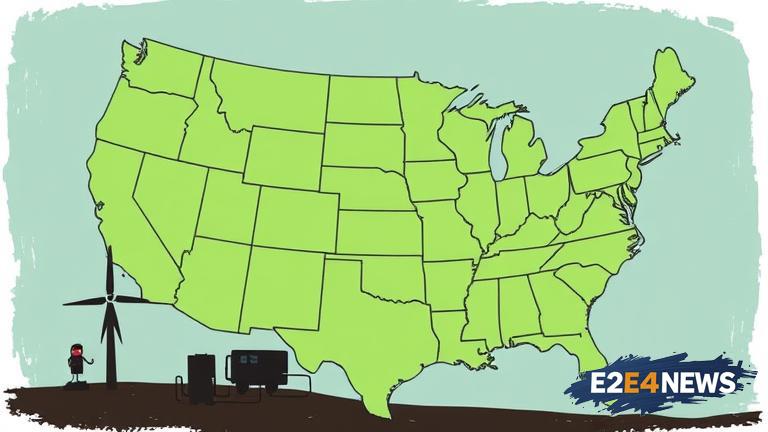The Environmental Protection Agency (EPA) has proposed a rollback of greenhouse gas emissions rules, which were put in place to reduce the amount of greenhouse gases emitted by cars and trucks. The proposed rule change would allow automakers to produce vehicles that emit more greenhouse gases, which could lead to an increase in air pollution and climate change. The move has been met with criticism from environmentalists and health advocates, who argue that the rollback would have devastating consequences for the environment and public health. On the other hand, industry leaders have praised the proposal, saying that it would reduce regulatory burdens and allow them to produce more affordable vehicles. The proposed rule change is part of a larger effort by the Trump administration to roll back environmental regulations and promote the development of fossil fuels. The EPA has argued that the current rules are too stringent and would lead to significant economic costs for automakers. However, environmentalists have countered that the rules are necessary to protect the environment and public health. The proposed rollback has sparked a heated debate among lawmakers, with some Democrats vowing to fight the change and some Republicans praising it as a necessary step to promote economic growth. The EPA has said that it will accept public comments on the proposed rule change for the next 60 days, after which it will make a final decision. The move has also sparked concerns among foreign leaders, who have warned that the rollback could undermine global efforts to combat climate change. The European Union has already implemented stricter emissions standards, and some countries have warned that they may impose tariffs on American cars if the US rolls back its emissions standards. The proposed rule change has also sparked concerns among some automakers, who have invested heavily in developing electric and hybrid vehicles. These companies have warned that the rollback could undermine their investments and make it more difficult for them to compete in the global market. Despite the controversy, the EPA has said that it is committed to reducing greenhouse gas emissions and promoting the development of clean energy. However, the agency has also said that it must balance these goals with the need to promote economic growth and reduce regulatory burdens. The proposed rule change is just one part of a larger effort by the Trump administration to promote the development of fossil fuels and reduce environmental regulations. The administration has also proposed rolling back rules on methane emissions and opening up public lands to drilling. The move has sparked widespread criticism among environmentalists and health advocates, who argue that the administration is putting the interests of the fossil fuel industry ahead of the needs of the environment and public health. As the debate over the proposed rule change continues, it remains to be seen what the final outcome will be. However, one thing is clear: the proposed rollback of greenhouse gas emissions rules has sparked a heated debate over the future of environmental regulation in the US. The proposed rule change has also sparked concerns among state leaders, who have warned that the rollback could undermine their efforts to reduce greenhouse gas emissions and promote clean energy. Some states have already implemented their own emissions standards, which are stricter than the federal rules. These states have warned that they may take legal action if the federal government rolls back its emissions standards. The proposed rule change has also sparked concerns among consumers, who have warned that the rollback could lead to an increase in air pollution and climate change. Some consumers have also warned that the rollback could make it more difficult for them to purchase electric and hybrid vehicles, which are becoming increasingly popular. As the public comment period comes to a close, it remains to be seen what the final outcome will be. However, one thing is clear: the proposed rollback of greenhouse gas emissions rules has sparked a heated debate over the future of environmental regulation in the US.
